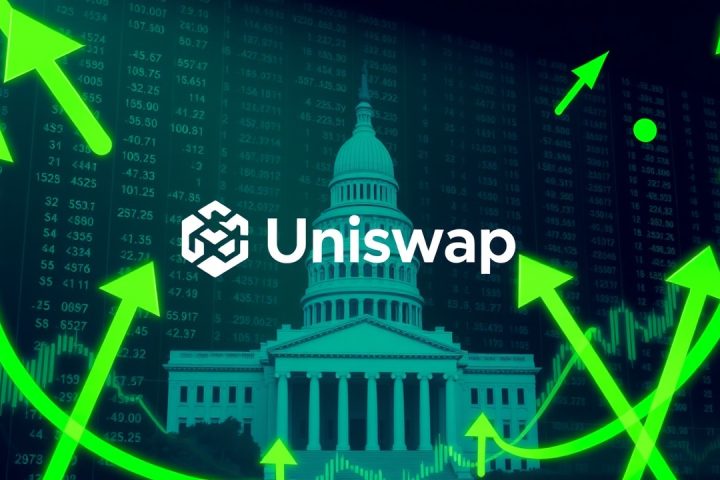Survey Highlights Need for Cryptocurrency Regulation
A recent survey conducted by the Cedar Innovation Foundation highlights a significant sentiment among American voters regarding cryptocurrency regulation. Approximately 58% of those surveyed feel that new federal laws are necessary to govern the evolving landscape of digital assets. The findings, from a poll that included 1,825 respondents through Change Research, reveal that a mere 15% believe current federal regulations adequately address the complexities of the cryptocurrency market. Nearly 60% of participants voiced a need for updated regulations.
“The message from the poll is clear: The mandate voters delivered in the fall is still as strong as ever, and voters want Congress to act to create clear rules of the road for crypto.”
Cross-Political Support for Regulation
The desire for new regulatory frameworks cuts across political lines, with 71% of Democrats, 56% of Independents, and 51% of Republicans expressing support for more comprehensive legislation. Additionally, 55% of voters of color indicated a preference for Congress to establish new laws specific to digital assets, rather than simply extending existing laws to cover the blockchain sector.
Importance of Polling Findings
Vlasto elaborated on the importance of these findings, noting the broad backing from various demographics, including young men and communities of color. He emphasized that this issue resonates worldwide and on Capitol Hill—it is a pressing concern for many citizens.
Legislative Outlook
In the context of these polling results, this week could prove crucial for cryptocurrency legislation as the Senate is expected to deliberate on the GENIUS Act, a proposed legislative framework for stablecoins that has earned bipartisan support. However, considerable uncertainty remains regarding whether lawmakers will achieve the requisite backing to move the legislation forward shortly.
Conclusion
This poll underscores a pivotal moment in the conversation around cryptocurrency regulation in the United States, reflecting a widespread call for clear and effective governance in the face of rapid technological advancements in the sector.




